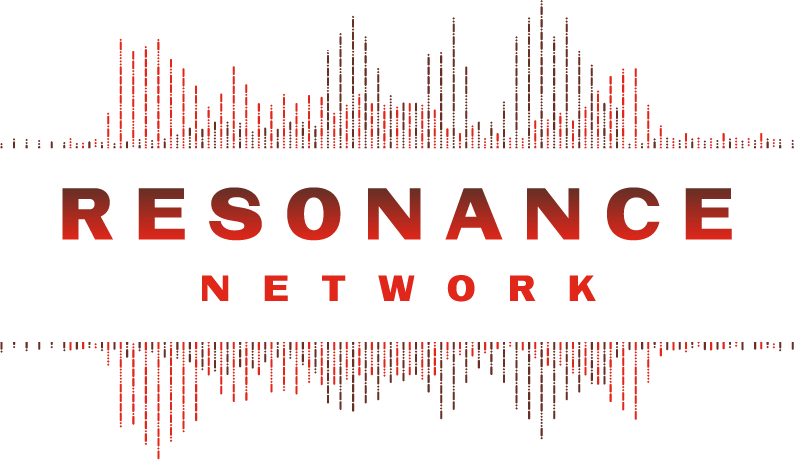The illusion of hopelessness
The war in Ukraine is a symptom of something bigger— and within reach
In times of war, we are led to believe we are powerless.
We are told that violence is inevitable, an unfortunate part of the way things are. And that the way things are cannot change.
As world events have transpired over the last two weeks, this illusion has begun to splinter
* * *
Russian military forces invaded a sovereign nation on February 24th. Within days, the United States, the European Union, and other nations announced a series of economic sanctions on Russia. At the same time, countries of the European Union waived visa rules for Ukrainian refugees–allowing those fleeing war to enter the EU without having to seek asylum.
Homes across Europe have opened their doors to Ukrainians fleeing war, and President Biden announced that Ukrainian refugees would be welcome in the US “with open arms.”
These moves were swift and unprecedented. Rules that had long existed were replaced with new ones. Systems changed as people and countries moved together in response to a humanitarian crisis.
How quickly rules can change when we want them to.
How malleable systems can be when we agree on what is right.
* * *
Russia’s attack on Ukraine, like all wars, is a symptom of a worldview of domination and extraction.
Like all wars, it exists amid other symptoms and consequences of this worldview: modern dependence on oil and the interests of the fossil fuel industry; unmistakable racism at the Ukrainian border as Africans were systematically turned away.
And the global coordination to condemn Russia’s attack and support the Ukrainian people was made possible, in part, by white supremacy: Western sensibilities were stirred by seeing white refugees. Meanwhile, escalating humanitarian crises in Afghanistan, Palestine, Yemen, Syria, Somalia, and Ethiopia have not been met with the same swiftness.
Imagine a world where all people in need were met with dignity and humanity. Where violence and harm was met with resounding care.
Imagine systems of governance that hold these values above all others.
* * *
In times of war, we are led to believe we are powerless by those who benefit from our silence. We are led to believe our collective systems cannot change by those who benefit from the way things are. Meanwhile, worldviews of domination and extraction continue to shape our reality and perpetuate harm.
As the war in Ukraine has unfolded, we’ve also seen a wave of dehumanizing legislation against queer and trans young people, increasing threats to reproductive justice, and an alarming epidemic of homelessness continuing in the US, all while COVID cases spike in Europe and Asia.
When we understand that all violence is a symptom with the same cause, we can also see that we are not just spectators to what is happening — in Ukraine or right beside us.
There is hope, and the hope is us.
* * *
“There is never time in the future in which we will work out our salvation.
The challenge is in the moment; the time is always now.”
~James Baldwin
Resonance Network is a national network of people building a world beyond violence.
Originally published 3.16.22 at Reverb


